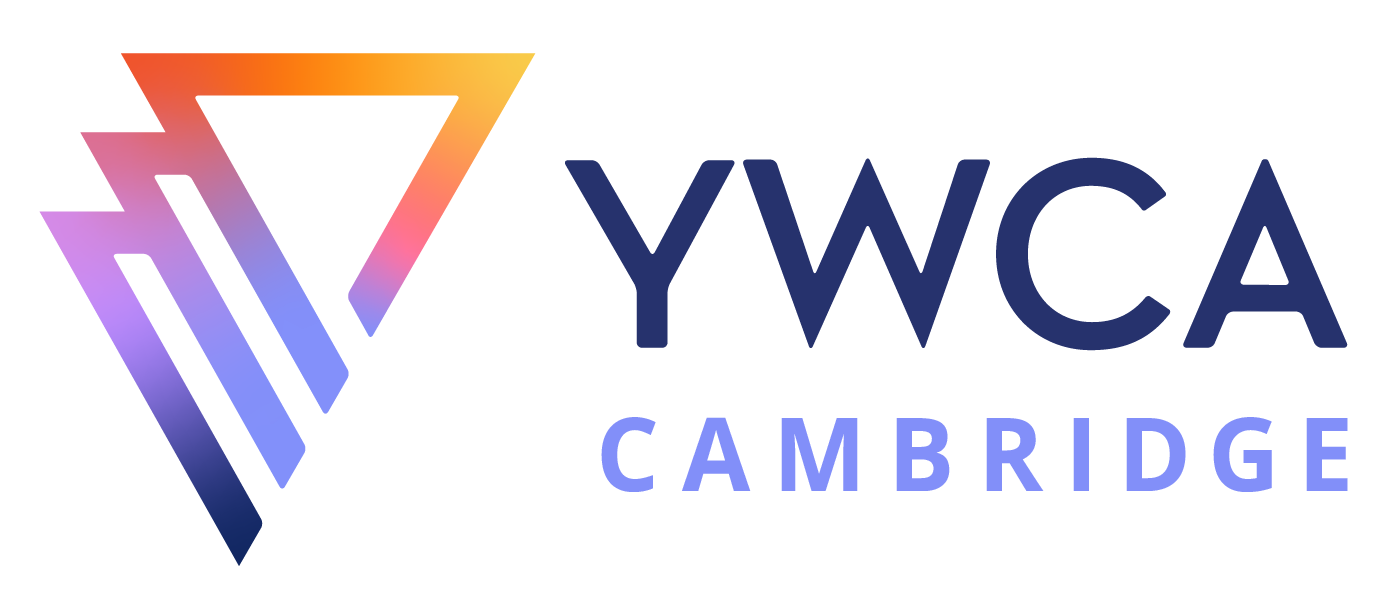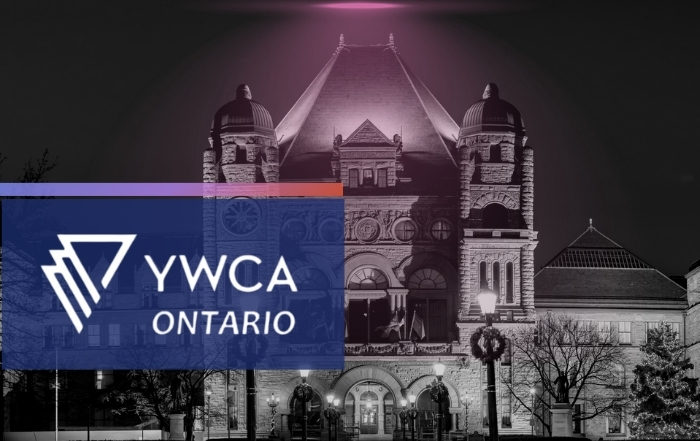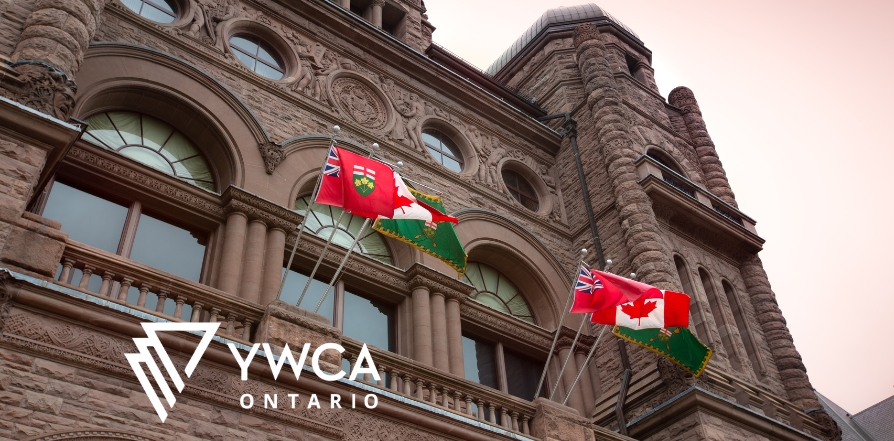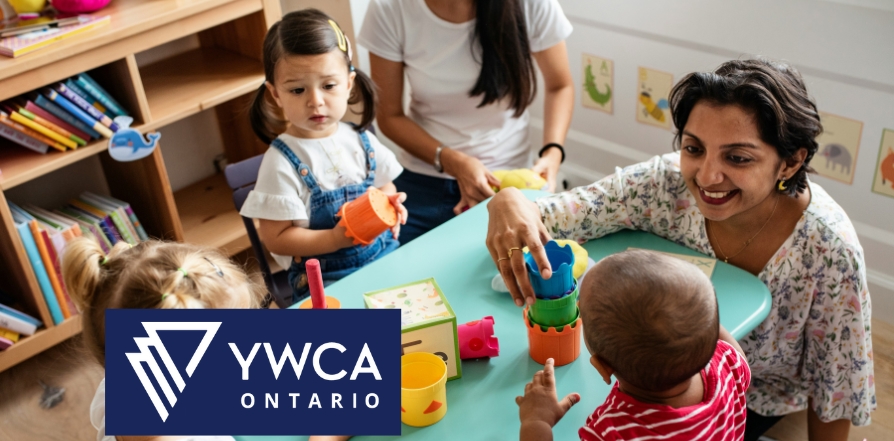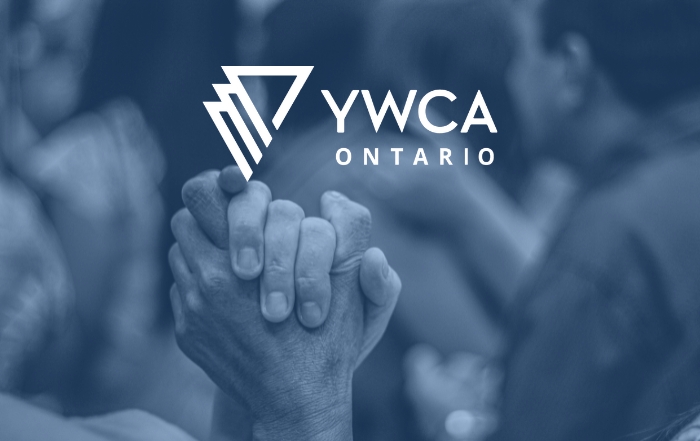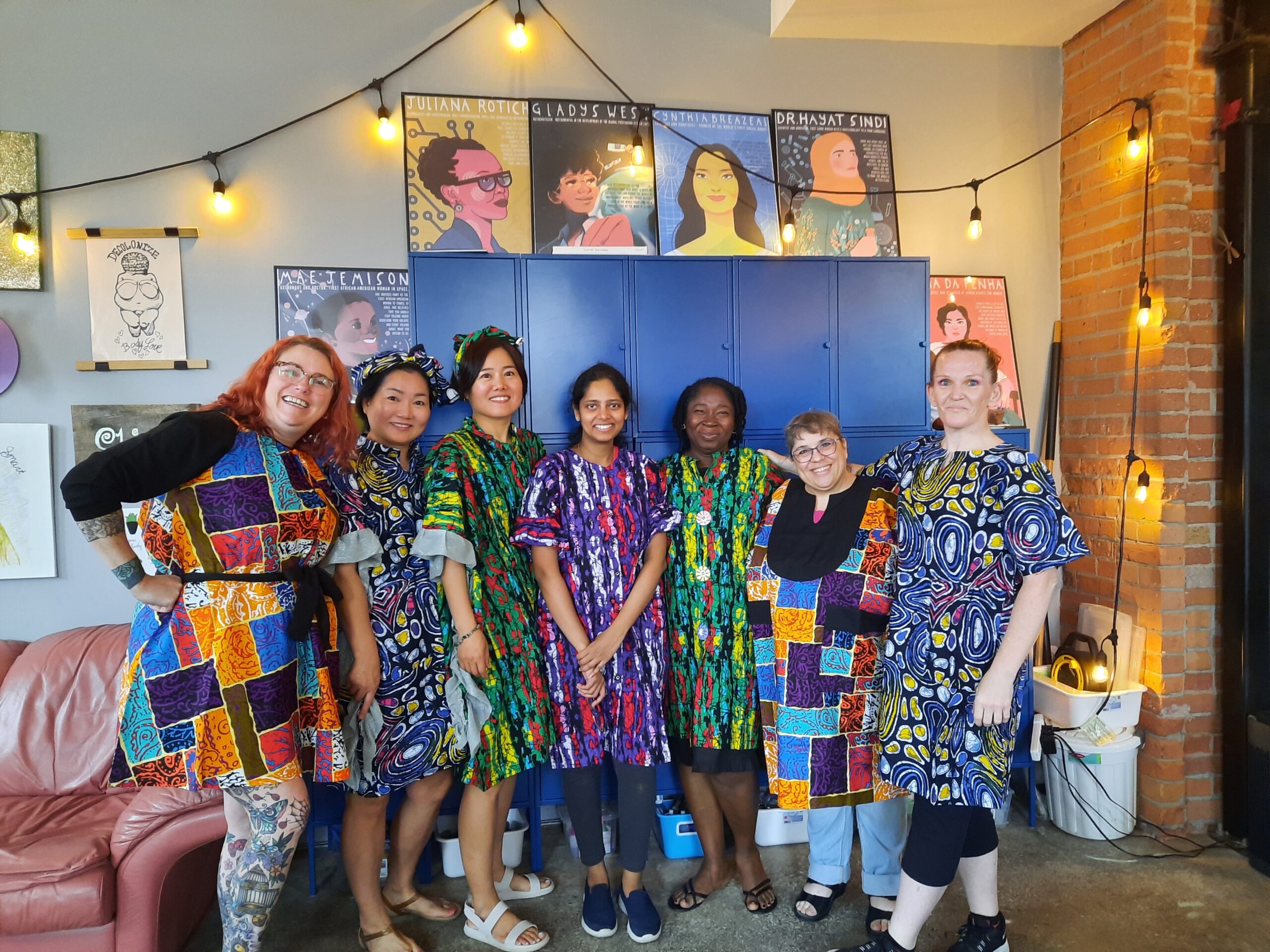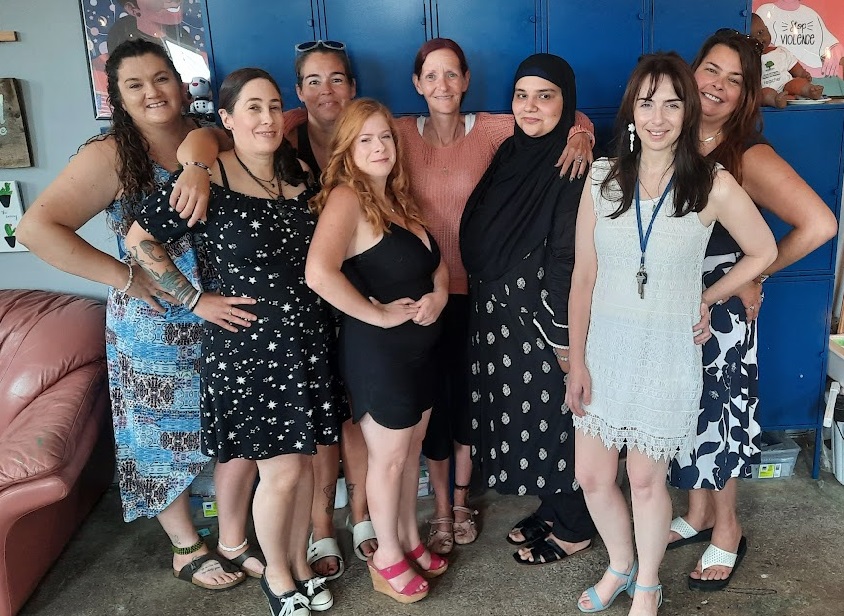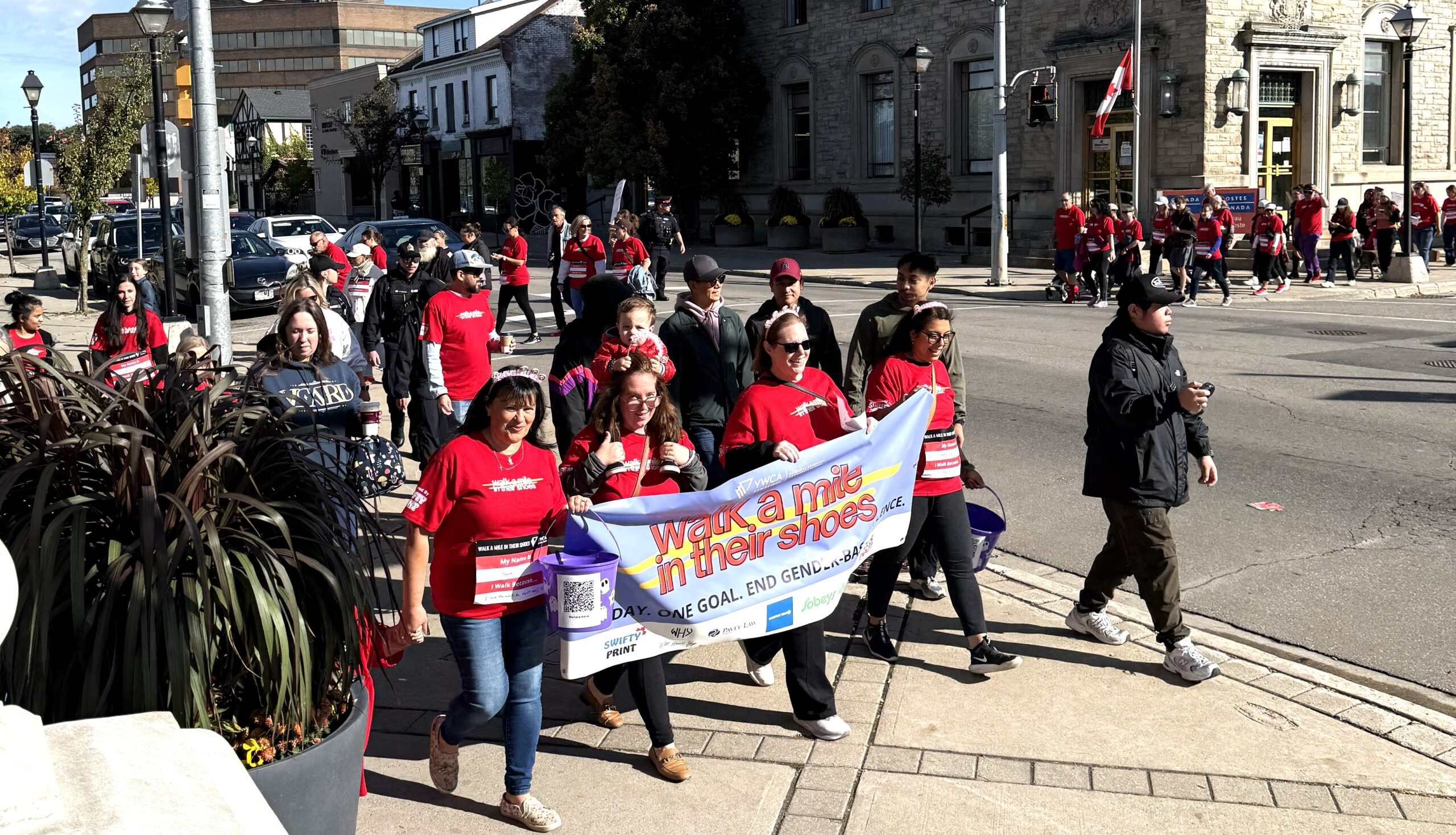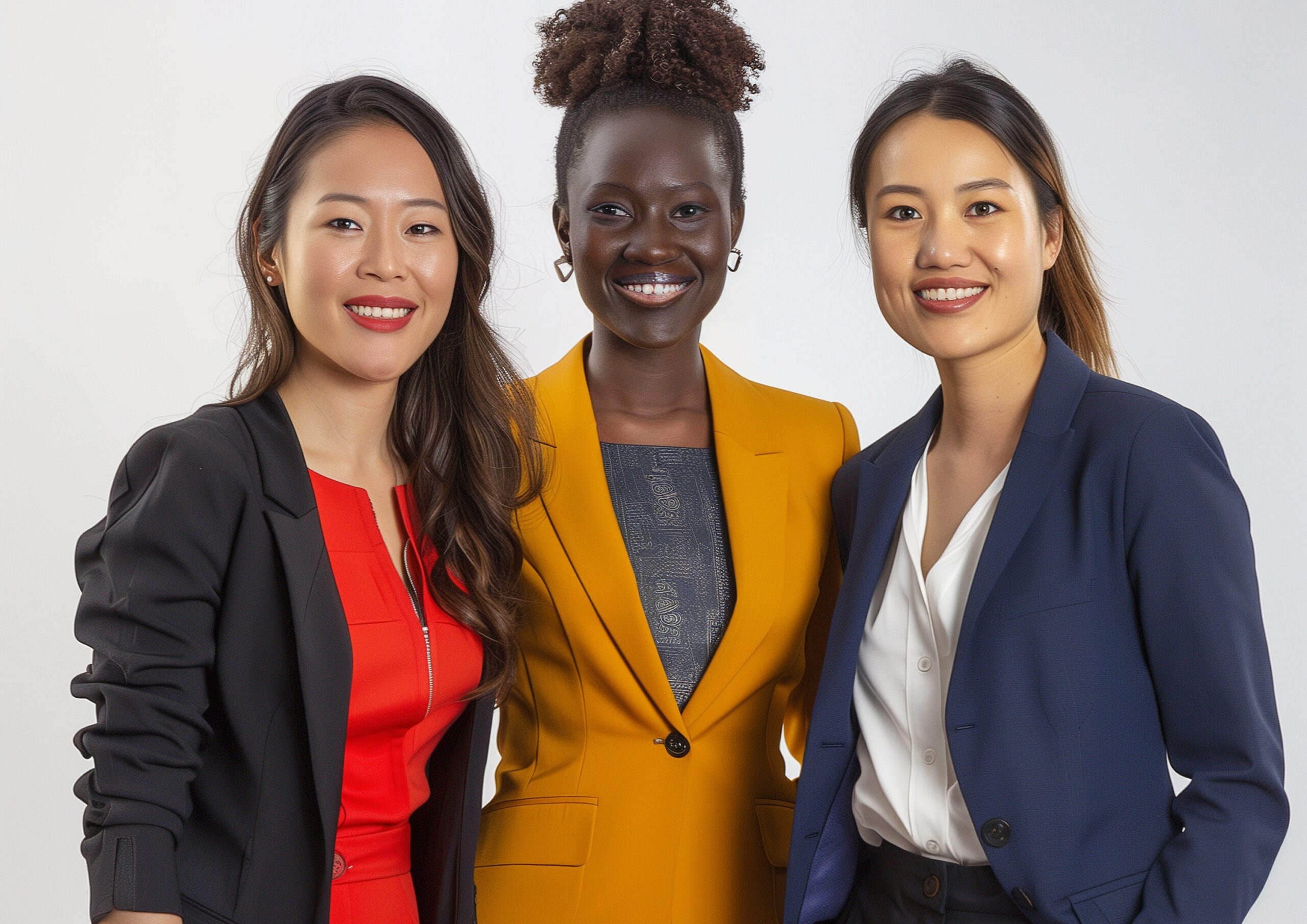YWCA Cambridge celebrates Pride Month and remembers that there’s still so far to go.
It’s June, which means it’s Pride month! It’s been a prominent theme throughout our programming this month. We’ve made Pride buttons with SHYFT participants, chalked Pride-themed pictures and notes on the sidewalk with the SHORE Centre’s Just4Me program, made pride banners with our STEPS gals and facilitated conversations around Pride, its history and all topics gender. This time of year, with all of the events and discussions in media about Pride events and LGBTQ2IA (Lesbian, Gay, Bisexual, Transsexual/gender, Queer/Questioning, Two-Spirited, Intersex, Asexual) issues provides a wonderful opportunity to have these conversations with folks who may not otherwise know how to raise the topics.
Pride brings some of the world’s largest parties to cities. The parades are fun; they’re colourful; they’re a safe space for everyone to freely express themselves and to do so in an embracing community. But the Pride parade as we now know it wasn’t always so glittery and fun, and, really, the conditions that led to its inauguration have not completely disappeared. The first Pride Parade took place in New York City in 1970, and it was no parade at all. It was a march.
Fred Sargeant, one of the organizers of that first march, said of it: “There were no floats, no music, no boys in briefs. The cops turned their backs on us to convey their disdain, but the masses of people kept carrying signs and banners, chanting and waving to surprised onlookers.”
Thousands of people gathered in the streets of New York that day, which is significant, because up until this point, gay and lesbian demonstrations were small, quiet and polite. This was the largest single demonstration in North America by the community. Folks marched in memory of the infamous Stonewall Riots in Greenwich Village which had taken place the year prior, and saw a number of folks rioting in the streets for three days in response to a violent police raid of the Stonewall Inn. It was this event that galvanized the community to unify against the widespread discrimination in the States.
It’s been 49 years since the first march, and while Pride is now a month-long celebration with a bedazzled parade rather than a march for human rights (though, many participants and organizers know it is historically and remains about human rights), we can’t say we’ve really “made it” in terms of full rights for LGBTQ2IA folks, can we? After all, homosexuality is still outlawed across the globe. And the World Health Organization only voted to remove “homosexuality” from being designated a mental disorder in 1990 (“transgender” was only removed this year…).
Even here in Canada, one of the most progressive nations in terms of LGBTQ2IA rights, it hasn’t been long since progressive policies have been enacted, and rates of violence and discrimination against LGBTQ2IA folks persists all over the country. This is despite the fact that homosexuality was decriminalized in 1969. Same sex parents couldn’t adopt until 1995; they couldn’t get married until 2005 with the legalization of same sex marriage.
Canada had its own Stonewall in 1981. The Bathhouse Raids, when police stormed four gay bathhouses in Toronto, calling it “Operation Soap,” and arrested nearly 300 men. Mass rallies took place in response to the raids, which are credited for spurring the creation of Toronto’s own Pride Parade. (Side note: the Toronto Police didn’t officially apologize for the raids until 2016.)
Despite all the progressive policies in Canada today, there are still so many risks to being anything but cisgendered and heterosexual and out. According to Statistics Canada 2014 General Social Survey, “for every 1,000 cisgendered, heterosexual Canadians, 69 reported they had been the victim of either sexual assault, physical assault or robbery. That number jumps to 142 for lesbian and gay Canadians and is even higher for bisexual Canadians at 267. The report doesn’t look at transgender, non-binary, or two-spirited individuals, and doesn’t explain whether that is because of statistical insignificance, or a blatant total neglect of these communities in the survey design. That in itself is a part of the systemic discrimination still faced by so many folks today.
According to Trans Equality Canada, “74% of transgender youth reported experiencing verbal harassment in school, and 37% reported experiencing physical violence. Transgender individuals in Ontario face unemployment over three times the national rate and many more are underemployed. As a result of discrimination and bullying, the trans community faces high rates of mental health issues. Rates of depression are as high as two-thirds; 77% of transgender individuals in Ontario report having considered suicide, and 43% have attempted suicide at least once.”
There are no national statistics on two-spirited folks, only stories here and there, such as this recent one by CBC. It discusses the alarmingly high rates of mental illness and addictions experienced among two-spirited people, as well as the total lack of services for LGBTQ2IA Indigenous folks.
So, yes, we celebrate Pride, and we invite everyone to do so. It is a beautiful coming together of so many diverse peoples. But, let’s remember that being out and proud is still an act of bravery and it shouldn’t have to be.
